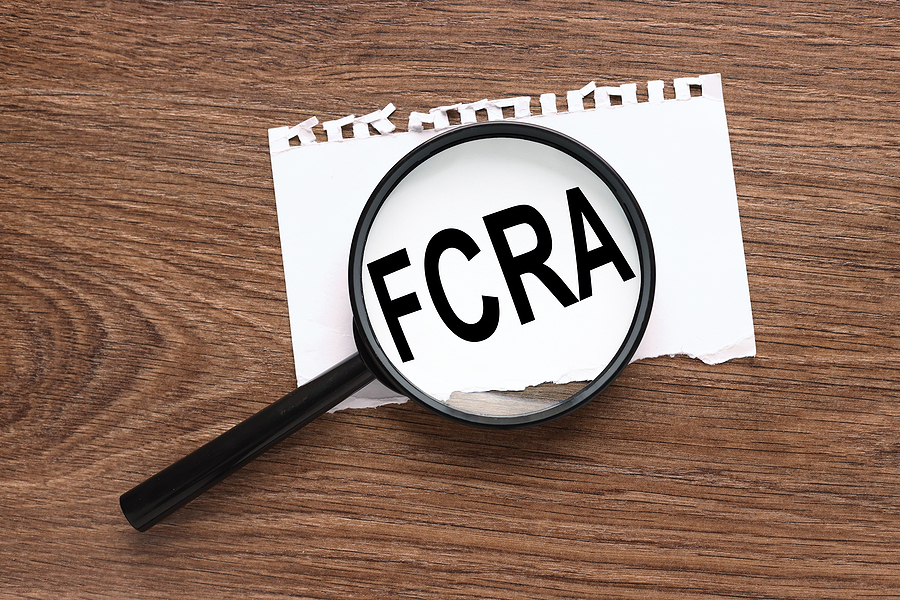
“After careful consideration of your application and qualifications, we regret to inform you that we have chosen to move forward with another candidate for the position.” These words can crush a job applicant, especially after meticulous preparation for a position that seems an excellent fit. Sometimes, the disappointed—and baffled—applicant will request a copy of the background check, and sometimes the individual discovers a criminal finding that doesn’t belong to him (or her). Maybe the person will accept the outcome and move on because he doesn’t know about the pre-adverse action process and his rights outlined by the Fair Credit Reporting Act (FCRA).
But an uninformed consumer doesn’t change an employer’s obligations under federal law.
Pitfalls of Database Searches
Background checks are a standard part of the hiring process for many sectors. These checks aim to provide employers with a snapshot of an individual’s past, helping them make informed decisions about potential employees. However, as the above example illustrates, this process is not infallible. Applicants occasionally discover criminal records on their background checks that do not belong to them. Such discrepancies often arise when employers rely on background screenings based solely on database results—without verification for accuracy or relevance from a direct source, such as a court record.
Database results, while valuable, may be incomplete or outdated, which is a potential pitfall of relying on automated systems without human oversight. (This risk may be exacerbated by the increasing use of AI if not properly managed.) Inaccurate background checks not only affect candidates, but can also pose liability risks for employers and consumer reporting agencies (CRAs) alike.
FCRA Pre-Adverse Action Requirements
The example above shows one example of how candidates can be denied employment based on the results of a background check. If the potential employer issues a pre-adverse action letter, as required by law, applicants have the opportunity to dispute false hits on their background checks—and potentially be reconsidered for the role.
The opening example illustrates two failures:
- The FCRA requires CRAs, such as background screening firms, to have systems in place to ensure that records being reported belong to the individual and
- That employers provide candidates with a pre-adverse action notice before taking adverse action based on the results of a background check. This notice includes a copy of the background check and gives consumers an opportunity to review and dispute the accuracy of the report.
Employer Best Practices
Candidates should expect transparency from employers regarding the reasons for potential disqualification based on a background check. Although receiving notice of negative findings on a background check can be daunting, candidates should understand the background check process and their protections under the FCRA.
- The process starts with the candidate signing a disclosure and authorization form to initiate the background check.
- The CRA then performs the check and provides a detailed report to the employer.
- Based on this report, if negative results are identified, and the employer decides that the negative result(s) would cause them to make a decision that is adverse to the candidate, then the employer must issue a pre-adverse action notice to the candidate.
- Upon receiving this notice, the candidate can dispute any findings and provide the CRA with information to correct inaccuracies.
This process ensures fairness and allows candidates to address issues that could affect their employment prospects.












